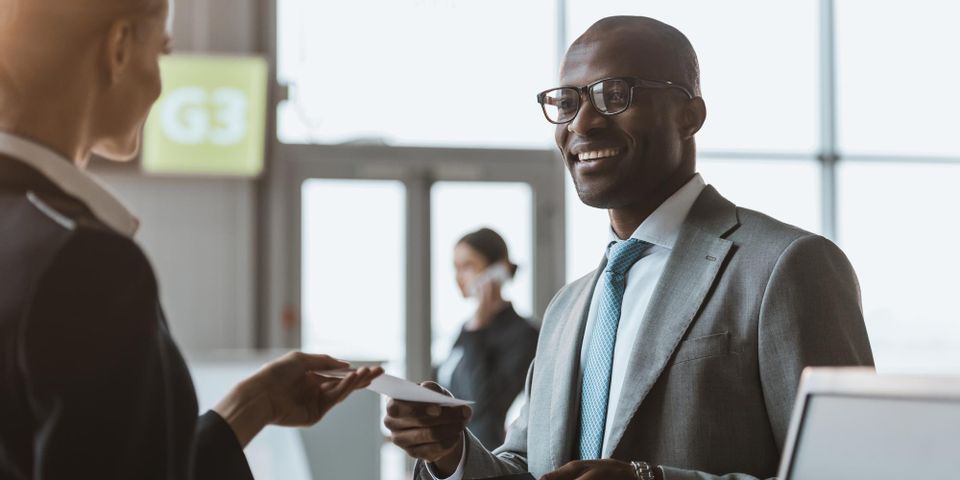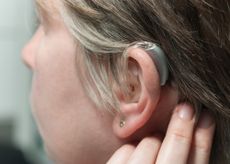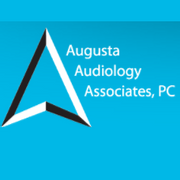
Travel is fun — but only once you reach your destination. From making it through security to baggage confusion, flying presents many challenges, especially if you have medical needs. If you have hearing aids, here’s what you should know to ensure you have a safe and comfortable trip.
A Guide to Air Travel & Hearing Aids
1. Pack Wisely
Careful packing is essential for a stress-free trip. Make sure you include everything you need for your device, including a charger or replacement batteries, attachable accessories such as extra tubing, sports clip, or soft domes, and cleaning equipment. If your charger doesn’t have a built-in drying function, take a dehumidifier as well. If you connect your hearing aid to other devices like your cell phone, bring the necessary accessories. Pack all items in a case in your carry-on luggage, along with valuables and medications. If you have travel insurance, make sure the policy covers your hearing devices in case of loss, theft, or damage.
2. Prepare for Security
 You shouldn’t have any trouble going through airport security with a hearing device. You can leave it in, but you should let the airport security officer know before you walk through the scanner to avoid unnecessary hassles. Some hearing aids may trigger the imaging technology or metal detector. Generally, if the officer knows it’s a hearing aid beforehand, you’ll avoid an inconvenient manual inspection. You may hear some unpleasant tones as you walk through the scanning devices, but this equipment doesn’t harm hearing aids.
You shouldn’t have any trouble going through airport security with a hearing device. You can leave it in, but you should let the airport security officer know before you walk through the scanner to avoid unnecessary hassles. Some hearing aids may trigger the imaging technology or metal detector. Generally, if the officer knows it’s a hearing aid beforehand, you’ll avoid an inconvenient manual inspection. You may hear some unpleasant tones as you walk through the scanning devices, but this equipment doesn’t harm hearing aids.
3. Get Ready for Your Flight
You can fly with your hearing aid in. Most of these devices don’t emit signals like phones and laptops, so they aren’t subject to the same rules regarding portable electronic devices on planes. However, you will need to turn off the device’s FM assistance, as this falls under the same category as mobile phones. Bluetooth®-enabled models should also be put on airplane mode. You may also want to use your device’s noise reduction function to reduce feedback and noise typical on a plane. It’s a good idea to let the flight attendant know you have a hearing impairment as well in case of emergency.
To ensure your equipment is in top shape before you hit the road, visit your audiologist. For residents in the Shenandoah Valley, Augusta Audiology Associates, P.C., is the go-to source for hearing technology including hearing aids, assistive devices and hearing aid repair. For over 25 years, their expert staff has provided comprehensive hearing health services from evaluations to technology recommendations to improve your communication needs. Call (540) 332-5790 to speak with a friendly team member or visit the website to learn more about all they have to offer.
About the Business
Have a question? Ask the experts!
Send your question

